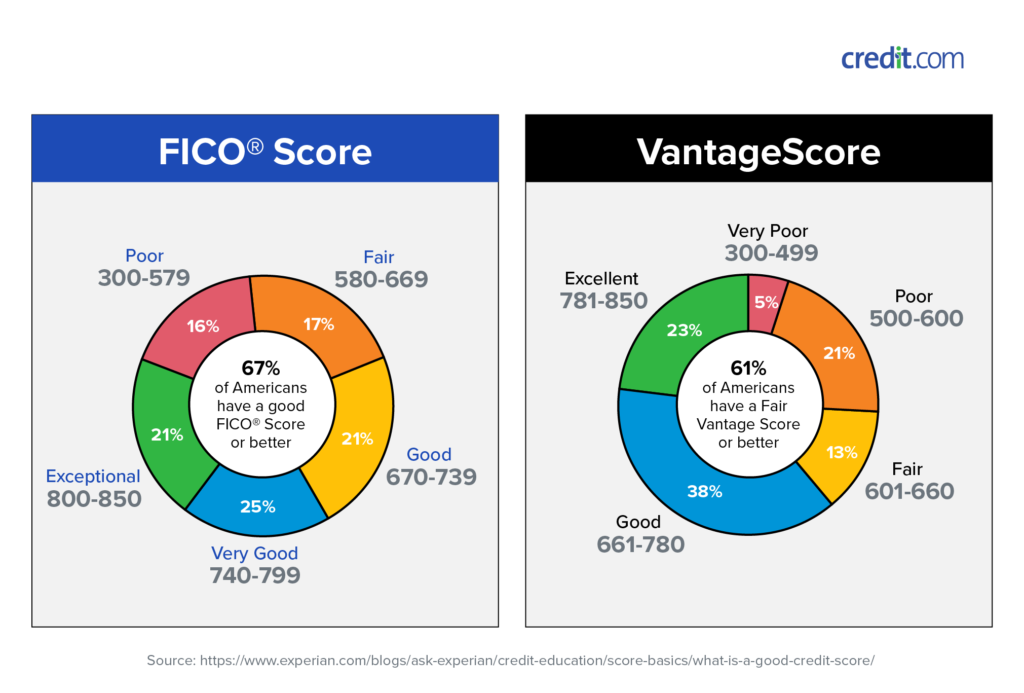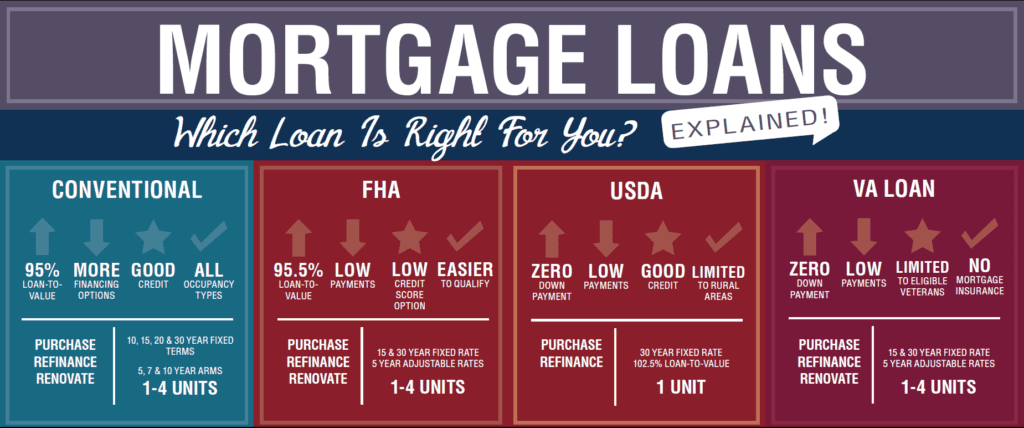Securing a reverse mortgage is a big choice, because you might not be able to leave this loan without selling your house to settle the financial obligation. You also require to thoroughly consider your alternatives to prevent using up all the equity you have actually constructed up in your house.
Reverse mortgages normally are not used for holidays or other "fun" things. The truth is that most borrowers use their loans for instant or pushing monetary requirements, such as paying off their existing mortgage or other debts. Or they may consider these loans to supplement their monthly earnings, so they can manage to continue living in their own home longer. Adjustables have five payment options: Set month-to-month payments so long as you or your qualified partner remain in the house Set monthly payments for a fixed duration Undefined payments when you need them, until you've Look at this website tired your funds A line of credit and set month-to-month payments for as long as you or your eligible spouse reside in the home A credit line and set monthly payments for a set duration of your picking To obtain a reverse mortgage, you should meet the following FHA requirements: You're 62 or older You and/or a qualified partner who must be called as such on the loan even if she or he is not a co-borrower live in the home as your main residence You have no overdue federal debts You own your home outright or have a considerable amount of equity in it You attend the compulsory counseling session with a home equity conversion mortgages (HECM) counselor authorized by the Department of Housing and Urban Advancement Your home fulfills all FHA home standards and flood requirements You continue paying all real estate tax, homeowners insurance and other family upkeep fees as long as you live in the home Prior to issuing a reverse home loan, a lending institution will inspect your credit rating, verify your month-to-month earnings versus your monthly financial responsibilities and purchase an appraisal on your house.
Nearly all reverse mortgages are issued as house equity conversion home loans (HECMs), which are insured by the Federal Real Estate Administration. HECMs feature stringent loaning guidelines and a loan limit. If you believe a reverse mortgage may be best for you, discover an HECM therapist or call 800-569-4287 toll-free to get more information about this funding alternative.
A reverse home mortgage allows homeowners, particularly those who are of retirement age, to borrow against the equity in their houses. One advantage of a reverse home loan is that loan providers don't typically have minimum earnings or credit report requirements, which can assist property owners looking to cover living costs. But a reverse home mortgage includes a number of downsides, such as in advance and ongoing costs, a variable interest rate, an ever-rising loan balance and a decrease in home equity.
As its name recommends, a reverse home mortgage is the opposite of a traditional mortgage. With a reverse home loan, you do not obtain money to purchase a house; rather, you take advantage of the equity of your house to secure a loan. A reverse mortgage is indicated for house owners who have actually paid off their home mortgage or who have collected a lot of home equity.

Among the advantages of a reverse home loan is that lenders typically do not enforce income or credit requirements. Proceeds from a reverse cancun timeshare rentals home mortgage loan are normally tax-free, and not a cent of https://www.htv10.tv/story/43143561/wesley-financial-group-responds-to-legitimacy-accusations the loan needs to be repaid if the borrower stays in the home, pays home taxes and homeowners insurance, and covers maintenance expenses.
Top Guidelines Of What Is The Current Variable Rate For Mortgages

Those scenarios trigger the requirement for you, your spouse or your estate to pay back the loan. 3 sort of reverse mortgages are readily available: Single-purpose reverse home mortgage: These loans, available from federal government companies and nonprofit groups, are developed for simply one purpose laid out by the lending institution. For example, someone might use earnings from a single-purpose reverse mortgage to take on a home enhancement task or pay home taxes.
Proprietary reverse home loan: Proprietary reverse home mortgages, available from private lenders, use more versatility than single-purpose reverse mortgages. Unlike single-purpose reverse mortgages, exclusive reverse home mortgages usually don't come with constraints on how you can spend the profits. This option can be specifically appealing to owners whose homes carry high worths and who wish to obtain a significant amount of money - what is a hud statement with mortgages.
An HECM, guaranteed by the Federal Real Estate Administration (FHA), is the most typical kind of reverse home mortgage. As of 2020, the HECM borrowing limitation was $765,600. Although profits from an HECM can be used for any function, some house owners might not qualify due to specific restrictions. These loans are readily available just to property owners who are at least 62 years of ages.
Those consist of:: Comparable to a conventional home loan, a lender normally charges several fees when you get a reverse home loan. Those can consist of a home mortgage insurance coverage premium, an origination fee, a maintenance cost and third-party charges. For an HCEM, the initial mortgage insurance premium is 2% of the loan quantity; on top of that, you'll pay an annual home loan premium of 0.
You'll also pay an origination fee of $2,500 or 2% of the first $200,000 of your home value (whichever is higher), plus 1% of the quantity going beyond $200,000; origination charges can not exceed $6,000.: The majority of reverse mortgages have variable rate of interest, implying the interest rate that figures out how much is added to your loan balance each month fluctuates throughout the life of the loan.: Interest paid on a reverse mortgage can't be subtracted on your yearly income tax return till the loan is paid off.: A reverse home loan can siphon equity from your house, leading to a lower asset value for you and your heirs.: If your house isn't in excellent shape, you might need to make repairs prior to you can receive a reverse mortgage.: Aside from when a house owner dies or vacates, the reverse mortgage may need to be repaid faster than expected if the owner fails to pay property taxes or property owners insurance coverage, or if the owner isn't keeping up with home maintenance.
In addition to its drawbacks, there are three examples of when a reverse home loan might be absolutely out of the question: You wish to move fairly quickly. Timing is important when it pertains to securing a reverse home loan. If you're looking to move in the next few years, it may not be smart to saddle yourself with a reverse mortgage.